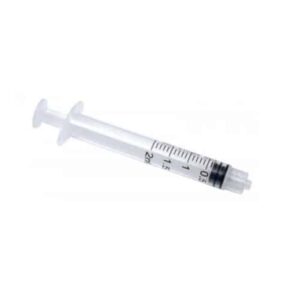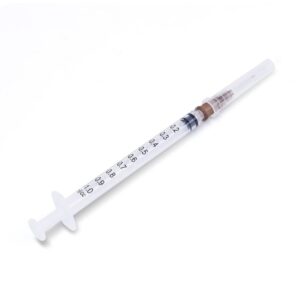
Do You Want a Pet That Lives a Long Time?
This is a question you should consider seriously before you adopt any animal. Getting a pet is not a light decision to make, so you’ll need to be very realistic about how much time you can commit.
When choosing a pet, it’s smart to consider how long it will likely live. Look at the list below to see the average lifespans of common pets.
How Long Do Pets Live?
| Type of Pet | Average Life Expectancy (In Captivity) | Additional Info |
|---|---|---|
| Small Dog (under 20 lbs) | 13 years | Chihuahuas often live 12-20 years. |
| Medium Dog (20-89 lbs) | 11 years | An Australian cattle dog holds the record of oldest dog at 29 years. |
| Large Dog (over 90 lbs) | 8 years | Spayed or neutered dogs live longer. |
| Indoor-Only Cat | 12-18 years | The oldest recorded cat lived to be 28 years old! |
| Cat Who Lives Outside All the Time | 2-5 years | Outdoor cats are more exposed to illness and accident. |
| Goldfish | 5-10 years | The oldest captive goldfish lived 43 years! |
| Betta Fish | 2 years | The world’s oldest specimen is 10 years old. |
| Neon Tetra | 5 years | A ten-year-old tetra is not uncommon. In general, larger types of fish have longer life expectancies than smaller types. |
| Koi | 25-35 years | The oldest koi on record lived 226 years! |
| Budgie/Parakeet | 5-8 years | Budgies are prone to tumors. The oldest lived 29 years. |
| Cockatiel | 16-25 years | The oldest recorded cockatiel lived 36 years. |
| Large Parrot | Macaws: 50 years Cockatoos: 65 years | One cockatoo lived 82 years. Charlie, a blue macaw born in 1899, is still alive! |
| Hamster | 2-3 years | The oldest hamster on record lived 4.5 years. |
| Guinea Pig | 4-8 years | 14 years is the longest recorded lifespan. |
| Rabbit or Bunny | 7-10 years | Oldest rabbit lived 14 years. Larger breeds tend to have shorter lifespans than smaller ones, and those that live outside die sooner. |
| Rat | 2 years | Wild and store-bought “feeder” rats tend to die sooner than “fancy” types. Oldest lived 7 years. |
| Mouse | 1-2 years | Mice are social and live longer with other mice. The oldest specimen lived almost 5 years! |
| Ferret | 5-9 years | Oldest ferrets live from 14 to 15 years. If you wait until the ferret is mature to spay/neuter, the animal may live longer. |
| Snake | 9 years average. Largest types can live up to 40 years. | Some snakes fare better in the wild than in captivity. One ball python lived 48 years. |
| Lizard | Smallest live 3-5 years; Largest live up to 20. | Many lizards live longer in the wild. Oldest bearded dragon lived 14 years; the oldest tuarara lived over 100 years. |
| Gecko | 6-10 years | Males tend to outlive females. The oldest captive leopard gecko lived to 27. Geckos may live longer in the wild. |
| Turtle/Tortoise | 40-50 years | Many captive turtles don’t get the care they need to live full lives. Oldest tortoise on record lived 225 years. |
| Chicken | 8-10 years | Chickens thrive in groups, but pecking order may influence lifespan. Oldest recorded lived to 15. |
| Horse or Pony | 25-33 years | Ponies tend to live longer than horses. The oldest horse ever recorded was 52 years old. |
Choosing a Pet for Life
There are several factors to consider when choosing a type of pet.
- Kids. If you have children, lifespan is an important consideration. It might be difficult for them to get attached to a pet only to lose it after a short time. On the other hand, maybe you want to choose a pet that only lasts until the kids go off to college!
- Attention span. If you are the faithful, tenacious, dogged type, making a 30 year commitment won’t be hard. But if you know that you tend to get distracted or lose interest quickly, you should avoid adopting a long-lived pet.
- Lifestyle. Pets need consistency. If you travel often or can’t be pinned down to a steady schedule, then many of these pets are not for you.
- Housing considerations. Most animals’ lives depend on specific environmental requirements (a yard, a pen, an open window…). You might not be able to ensure consistency if you rent or move often.
- Financial considerations. When you take a pet on, you commit to taking care of them financially for life. The longer a pet lives, the larger financial burden it will be.
- The last years can be the hardest. Old age brings complications and visits to the vet, so you should expect your pet’s last years to be the most challenging.
















































